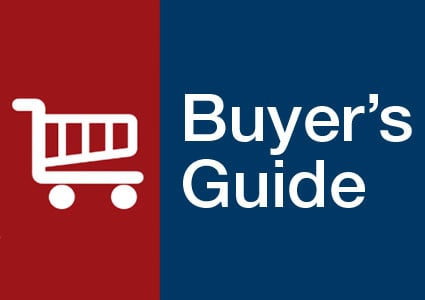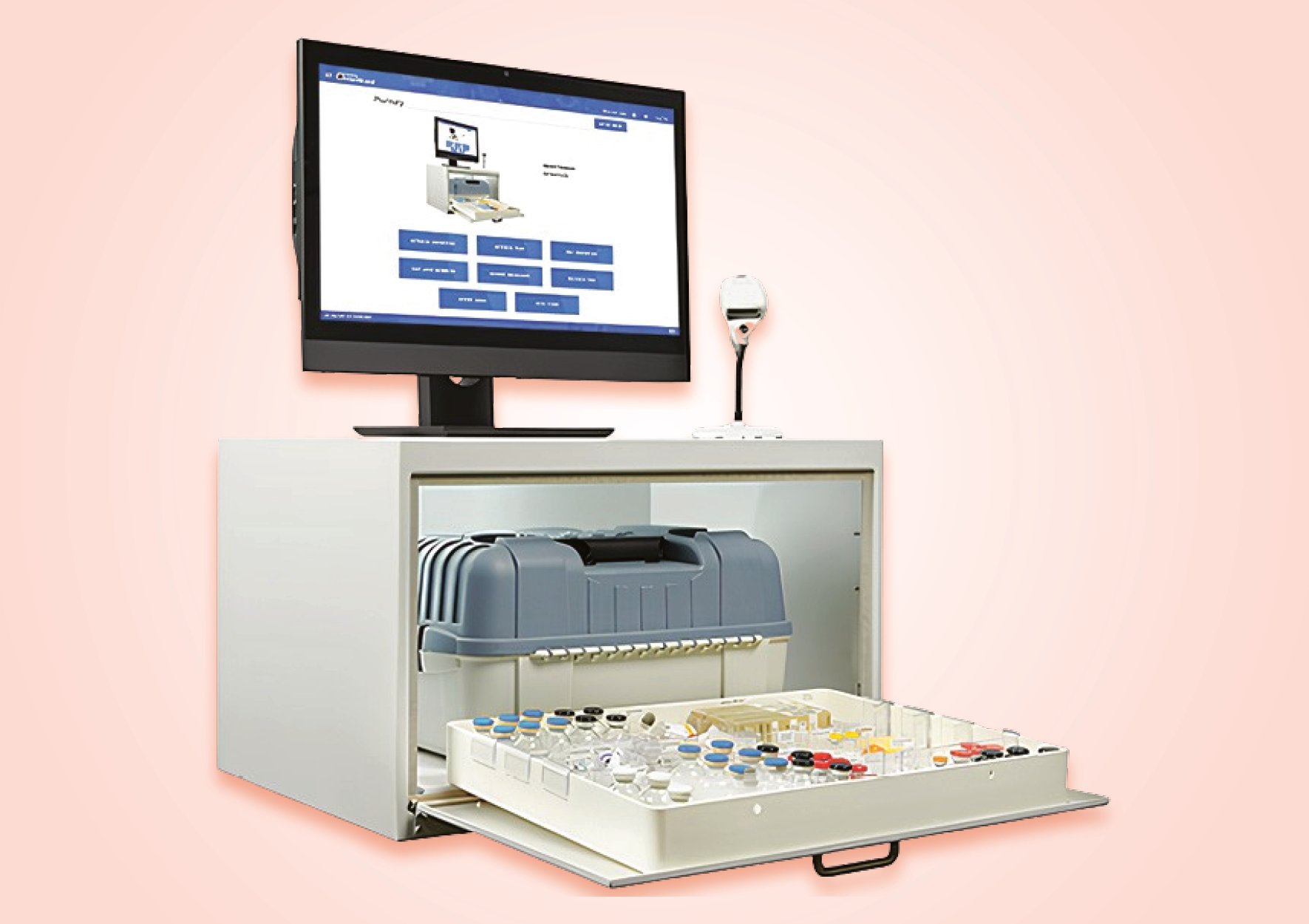- Show Menu
- Contact Us
- FAQs
- Reader Service
- Survey Data
- Survey Winners
- Testimonials
- Upcoming Events
- Webinars
- White Papers
USP Requires a Full Commitment
The changes to USP <797>, which will be enforceable on November 1st, are based on creating an overall state of control of the environment where CSPs are prepared. As such, the chapter must be implemented in its entirety; it cannot be done in steps over time. For example, a facility should not update its 1-hour BUD to the new 4-hour BUD if those staff performing immediate use compounding have not completed the training defined in the facility’s SOPs. As such, each facility must commit to undertaking a full conversion to the new requirements over the next few months.
To measure compliance progress, we conducted our 16th annual State of Pharmacy Compounding survey. The resulting benchmarking data allows you to compare your facility’s performance against those of your peers. Survey responses are solicited via email, with a total of 364 responses received, yielding a confidence interval of 4.96 (95% +/- 4.96).

Most pharmacy directors rely on PP&P as a resource for <797> information.
Inspection Focus
Expect thorough and detailed inspections as most inspectors have a deep understanding of the chapter. In addition to traditional areas such as garbing processes and cleaning documentation, inspections this year took a deeper dive into training and competencies, BUD and immediate use practices, alert levels and remediation action plans, and cleaning SOPs. There was a particular focus on documentation, especially for training, SOPs, and the capture of lot numbers and expiration dates. The pages that follow detail those areas where pharmacy has achieved high levels of compliance as well as those areas that require more attention.
Outsourcing
Unfortunately, the pressure of drug shortages never goes away—after 2 years with fewer shortages to manage, drug shortages were more impactful this year and drove an increase in the use of 503B outsourcing. There has also been a shift with hospital pharmacies using more vendors to meet their outsourced compounding needs. It is now rare for an institution to consolidate outsourced CSPs under a single vendor; most facilities contract with at least 3 different vendors.
In addition to CSP production, outsourcing options have expanded to include other practices, such as:
- Environmental monitoring
- Cleaning services
- Genus/species identification
When considering outsourcing versus in-house management of these responsibilities, account for obstacles to maintaining quality control, staffing challenges, and the cost to develop expertise, which encompasses hiring, training, testing, and documentation.
Resource Support
There is significant support available in the effort to achieving compliance, including expert consultants, PP&P’s webinars (pppmag.com/webinars), as well as ASHP’s Chapter <797> Answer Book by Patti Kienle. In addition, pharmacy’s satisfaction rankings are particularly high for vendors in the compounding market. As such, it is an excellent time to consider automation adoptions, such as IV workflow automation and robotic IV preparation, to streamline processes. The current technician shortage further underscores the value of automating rote pharmacy tasks.
Conclusion
With the State of Pharmacy Compounding survey spanning 16 years, the resultant data has clarified a variety of interesting trends. Perhaps most important: Hospital pharmacies have historically been slow to achieve full compliance to the USP chapters. We strongly recommend resources be directed to applying the chapter in its entirety by the November deadline; inspectors will be assessing your facility’s total state of control. Furthermore, develop a plan for incorporating the chapter’s shoulds into your SOPs as regulations only become more stringent over time.
Deanne Halvorsen is the editorial director of Ridgewood Medical Media, publisher of Pharmacy Purchasing & Products and MedicalLab Management.
Like what you've read? Please log in or create a free account to enjoy more of what www.pppmag.com has to offer.








